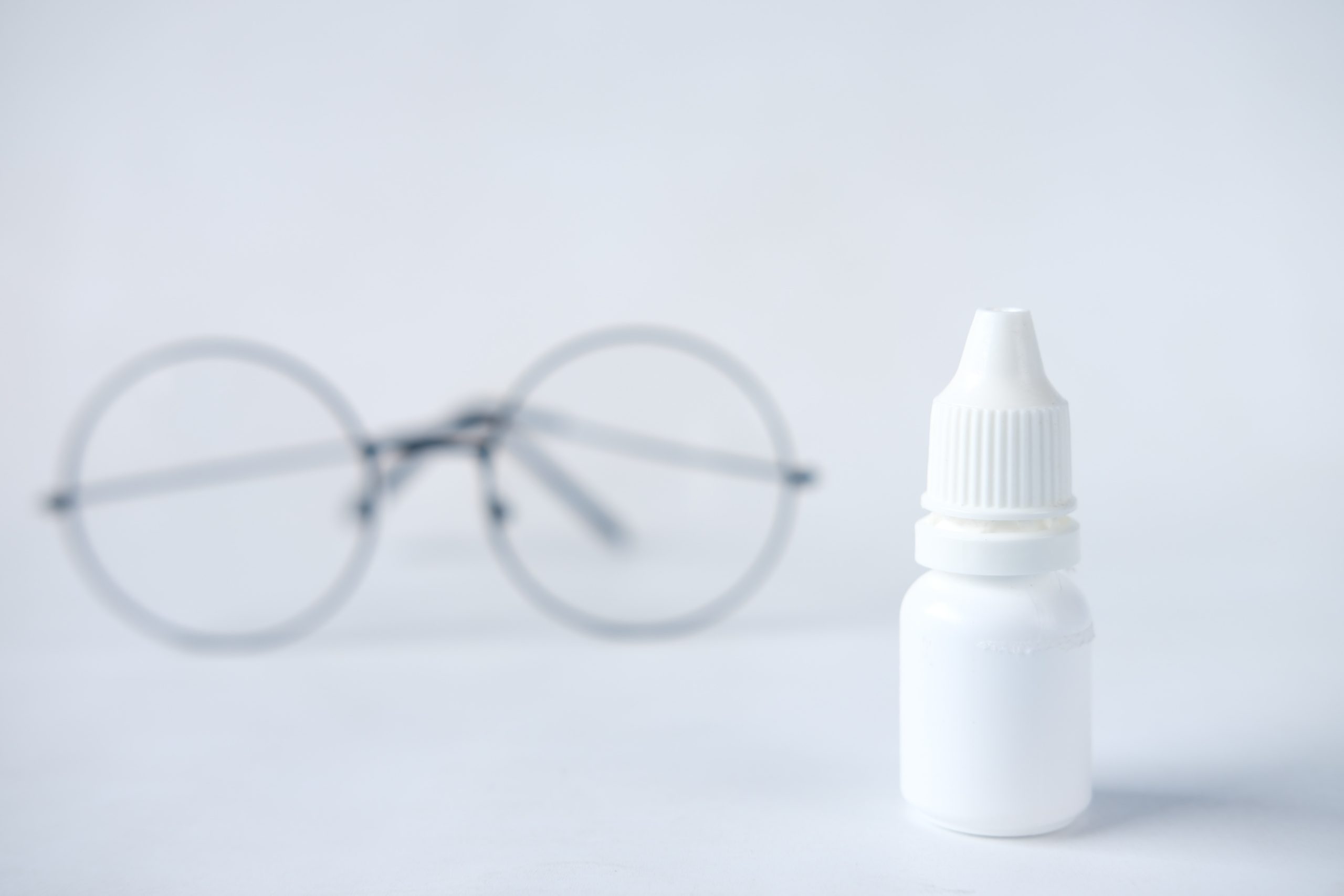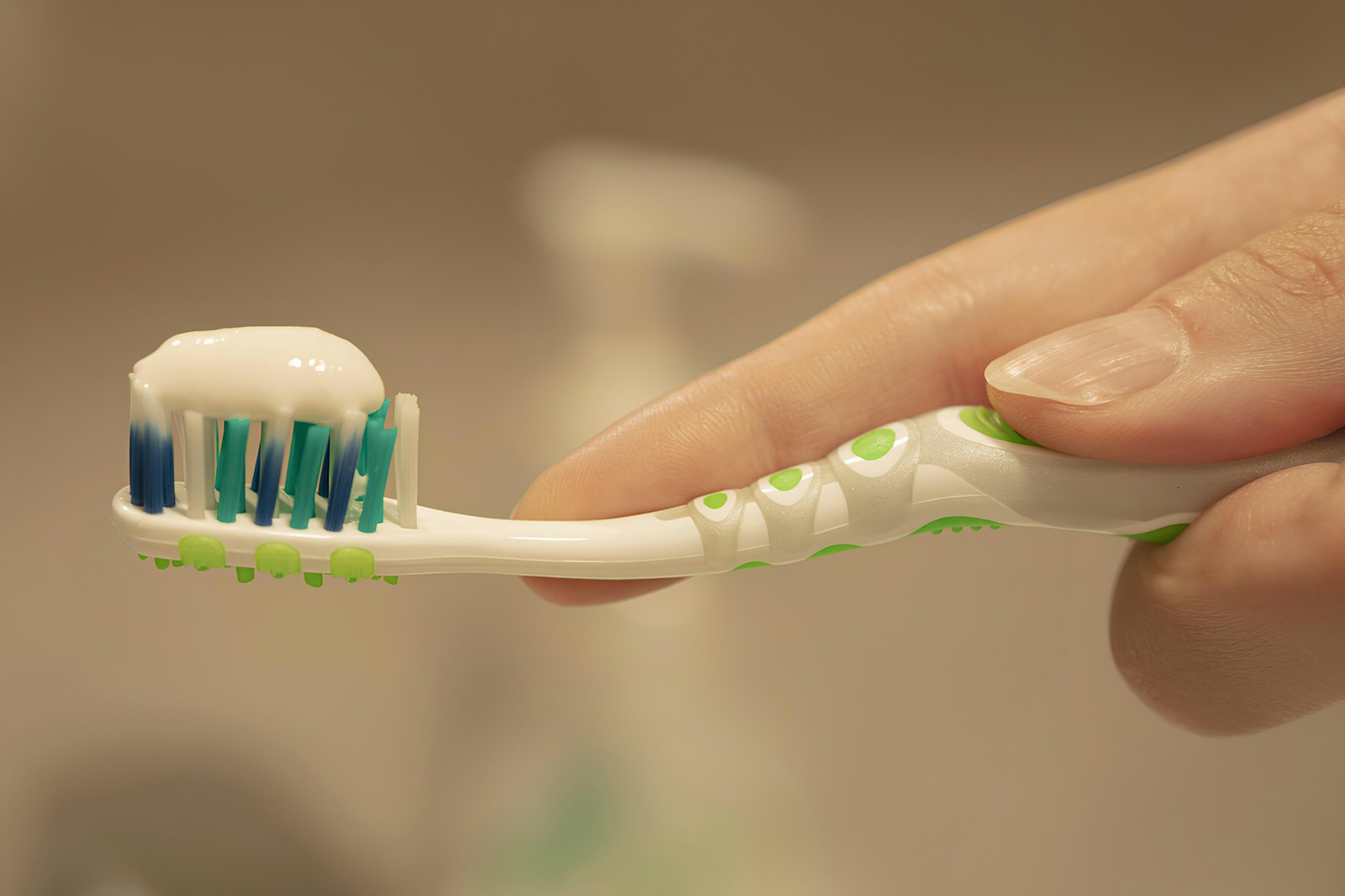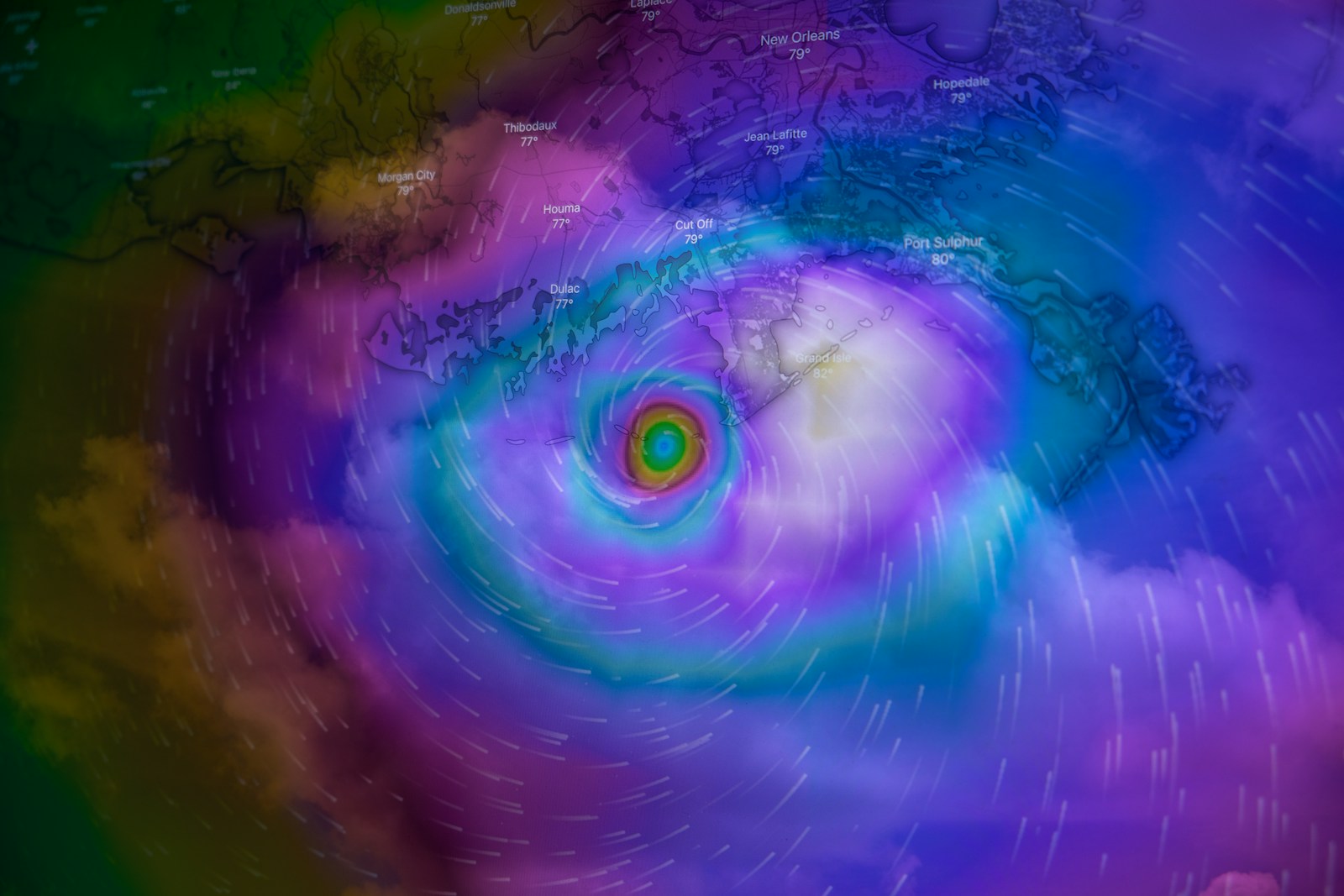Table of Contents
ToggleIntroduction:
Eye drops are a common solution to various eye problems, ranging from allergies to infections. However, recent reports suggest that contaminated eye drops have caused an alarming rise in deaths across the United States. Contaminated eye drops can cause severe infections, leading to blindness and even death. This article aims to inform you about the risks associated with contaminated eye drops and provide you with tips and precautions to protect yourself.
What are contaminated eye drops?
Contaminated eye drops are those that contain harmful bacteria, fungi, or other microorganisms that can cause infections in the eyes. These microorganisms can enter the eye through the dropper or bottle and infect the eye, leading to serious complications.
Causes of contaminated eye drops:
Contaminated eye drops can result from various causes, including:
Poor manufacturing practices: Eye drops can get contaminated during the manufacturing process due to poor hygiene and sanitation practices.
Improper storage: Eye drops should be stored in a clean, dry, and cool place to prevent contamination. Improper storage conditions can cause bacteria and fungi to grow in the eye drops, leading to infections.
Unsanitary handling: Touching the dropper or the tip of the eye drop bottle with unclean hands can transfer harmful bacteria and fungi, leading to contamination.
Using expired eye drops: Expired eye drops can lose their effectiveness and become contaminated, leading to infections.
Reusing eye drops: Reusing eye drops can introduce harmful microorganisms into the bottle, leading to contamination.
How to protect yourself from contaminated eye drops:
Here are some tips and precautions to protect yourself from contaminated eye drops:
Wash your hands: Always wash your hands thoroughly with soap and water before handling eye drops.
Use disposable droppers: Disposable droppers are sterile and do not need to be cleaned, reducing the risk of contamination.
Store eye drops properly: Eye drops should be stored in a cool, dry, and clean place. Avoid storing them in the bathroom or kitchen, as the humidity and temperature changes can cause contamination.
Do not share eye drops: Sharing eye drops can introduce harmful bacteria and fungi, leading to infections.
Use fresh eye drops: Always check the expiration date before using eye drops. Do not use eye drops that have expired.
Use eye drops as directed: Follow the instructions on the label and do not exceed the recommended dose.
See a doctor if you experience any irritation or other conditions.
Conclusion
In conclusion, protecting yourself from contaminated eye drops is essential for maintaining good eye health. By following the tips and precautions discussed in this article, you can reduce your risk of eye infections and other complications associated with contaminated eye drops. Always ensure that you purchase eye drops from a reputable source, check the expiration date, and avoid sharing eye drops with others. Additionally, make sure to follow proper hygiene practices when administering eye drops and avoid touching your eyes or the tip of the eye drop bottle. By taking these simple steps, you can help safeguard your vision and ensure that your eyes stay healthy and free from infection.







